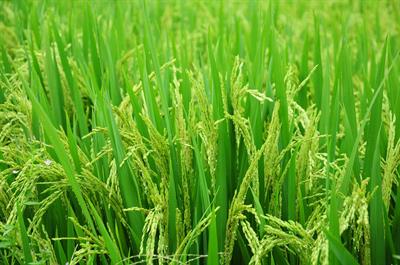PDF chapter test TRY NOW
But he said he wished to visit the tea shop of Nagen Uncle, if it still existed, and have a cup of tea there.
So we took the turning to the right and decided to drive to Bramhapur, of which Aditya’s ancestors were once the zamindars.
Aditya’s father had left the ancestral home and moved to Kolkata, where he had set up his own business. After his death, Aditya was looking after it, and I was his friend and business partner.
It was the month of Magha, that is January – February by the English calendar – the middle of winter. By my watch, it was 3:30 in the afternoon. The sun was soothing. On either side of the road were paddy fields, as far as the eye could see. Harvest was over and there had been a good crop that year.
After about ten minutes, we came to the local school. Beyond the iron gates were the playing field and the two-storeyed school building. We got down from the car and stood in front of the gate.
Explanation:
Aditya then expressed his desire to visit Nagen uncle's tea shop if it was still there. He wished to have a cup of tea from the tea shop. So they chose the right turn and decided to travel to Bramhapur.

The narrator and Aditya took the right turn
Aditya's ancestors were once the Zamindars, and they lived in Bramhapur. Aditya's father had left the ancestral home and relocated to Kolkata to start a new business. His father passed away after a few years. As a result, Aditya inherited his father's business. Since the narrator was his friend, Aditya involved him in his firm and made him a partner. Aditya and the narrator then arrive at Bramhapur. They came during the month of Magha, which was the middle of the winter. The Magha is a month of the Hindu calendar. It is the year's eleventh month in India's national civil calendar, corresponding to January or February in the Gregorian calendar. Later, Aditya and the narrator reached the location at about 3:30 p.m.
The narrator then went on to explain the surrounding landscape. He described the sun as relaxing. Both sides of the road were covered with paddy fields, and nothing could be seen. After seeing the field, he felt that the harvest had ended and the crop had been good that year. After a ten-minute drive, Aditya and the narrator arrive at Aditya's local school. Iron gates safeguarded the school's main entrance. There was a playground and a two-storeyed school building beyond the iron gates. The narrator and Aditya then got down from the car and stood before the gate.

Paddy fields
Meanings of the difficult words:
| S.No | Words | Meanings |
1 | Exist | Occur or be found, especially in a particular place or situation |
2 | Ancestor | A person related to you who lived a long time ago |
3 | Zamindar | A landowner, especially one who leases his land to tenant farmers |
4 | Partner | A person or organization you are closely associated with |
5 | Storey | A part of a building comprising all the rooms that are on the same level |
6 | Calendar | A chart or series of pages showing the days, weeks, and months of a particular year or giving particular seasonal information |
7 | Soothing | Gentle calming effect |
8 | Field | An area of open land, especially one planted with crops or pasture is typically bounded by hedges or fences |
9 | Crop | A cultivated plant that is grown on a large scale commercially, especially a cereal, fruit, or vegetable |
Reference:
State Council of Educational Research and Training (2018). Term-1, English Standard-10. The Attic -Satyajit Ray (pp. 94-114). Published by the Tamil Nadu Textbook and Educational Services Corporation.
